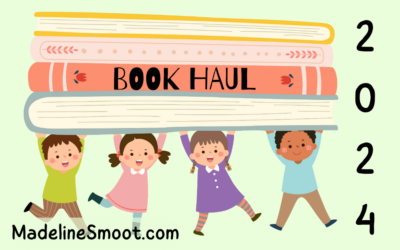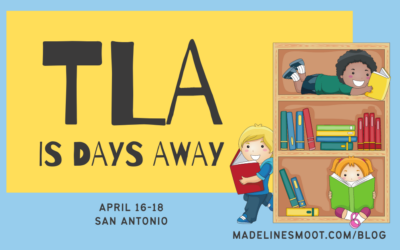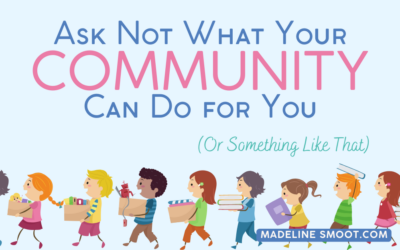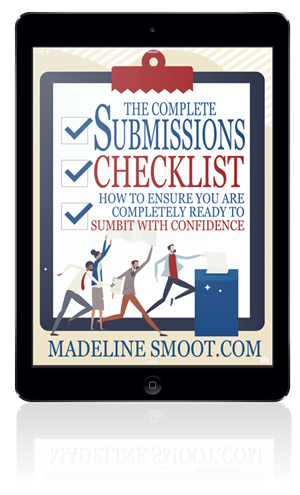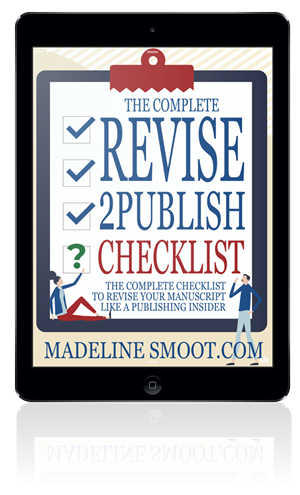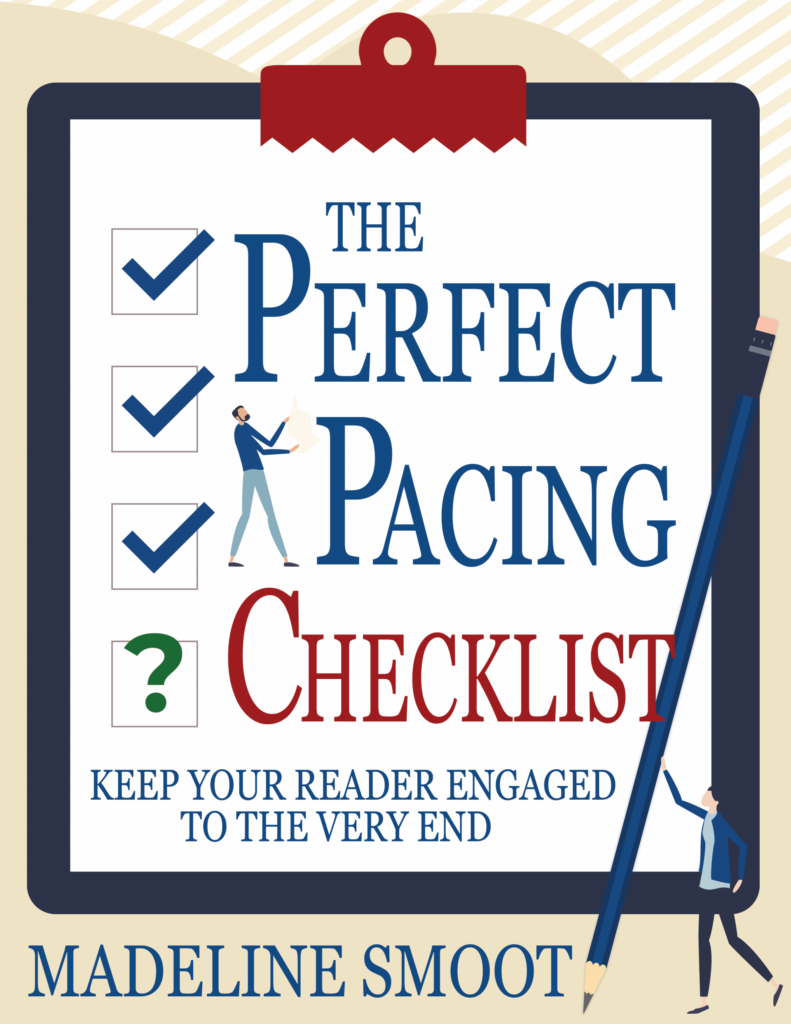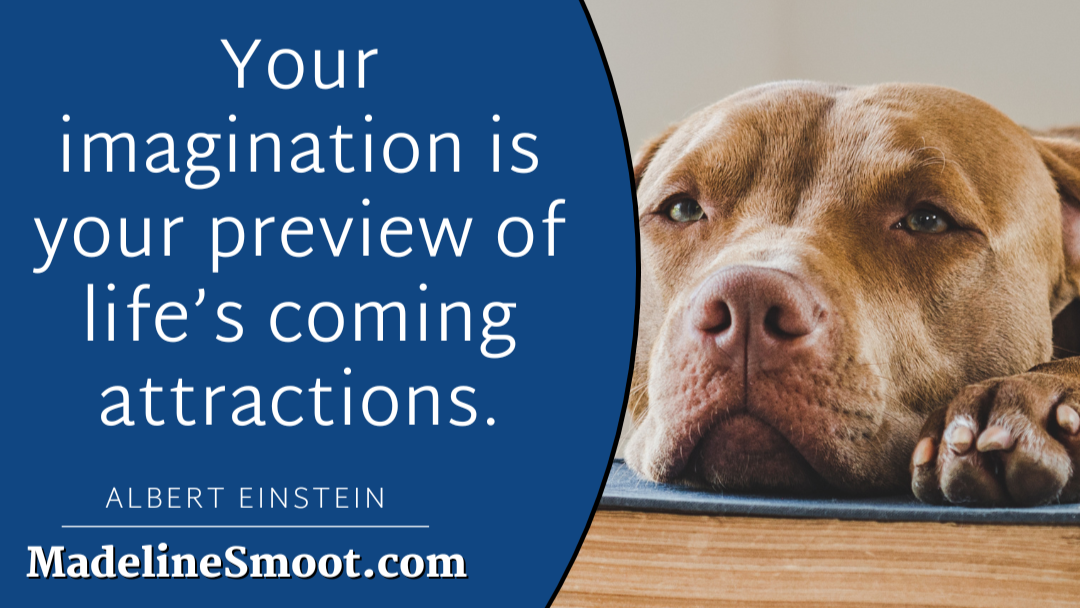I spend a lot of time talking about Perfect Pacing when it comes to the overall work, but scene pacing is incredibly important too. This is the rate that your scene progresses. Some scenes we want to be fast; others slow, even languid. It just depends on what’s happening in the scene.
There are two ways to do this:
· Scene Length
This is literally how long a scene is. Do you spend pages on it? Or can the scene show everything you need (while still doing Double Duty!!) in a few paragraphs?
· Sentence Length
Short, clipped sentences read fast. Long, elaborate, drawn out sentences which use multiple clauses or phrases take longer to read and slow the reader down. If you are doing an action scene, you’ll most likely want to use shorter sentences to keep the action moving and to create a sense of urgency. Something more leisurely (like a heartfelt conversation) can be written to read more slowly.
Neither of these things impact the overall pacing of the story. As long as your scenes are doing Double Duty and aren’t hyper-realistic with tons of info dumping, they won’t bog down your overall story, no matter how quickly or slowly they are written.
However, Scene and Sentence Length can set the mood for that particular scene. And there’s no reason not to capitalize on that.
